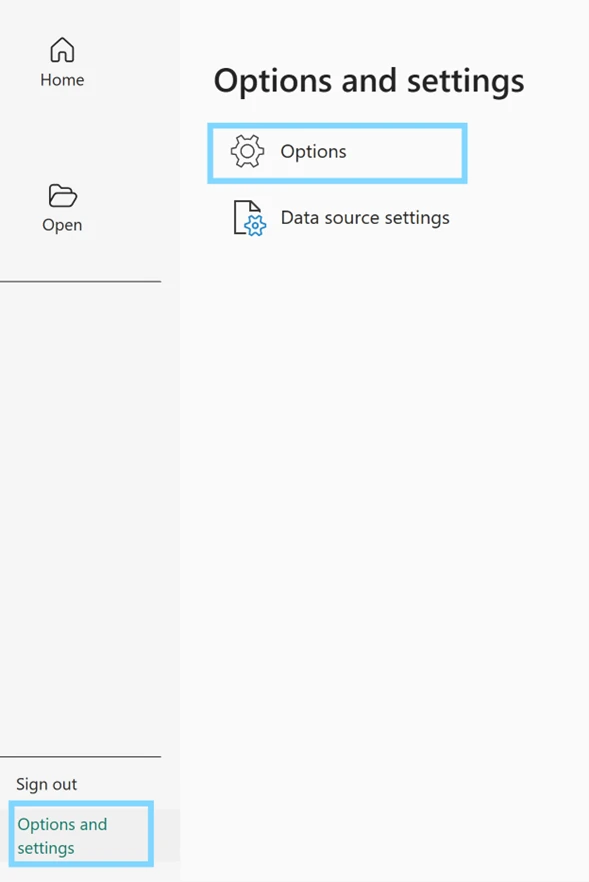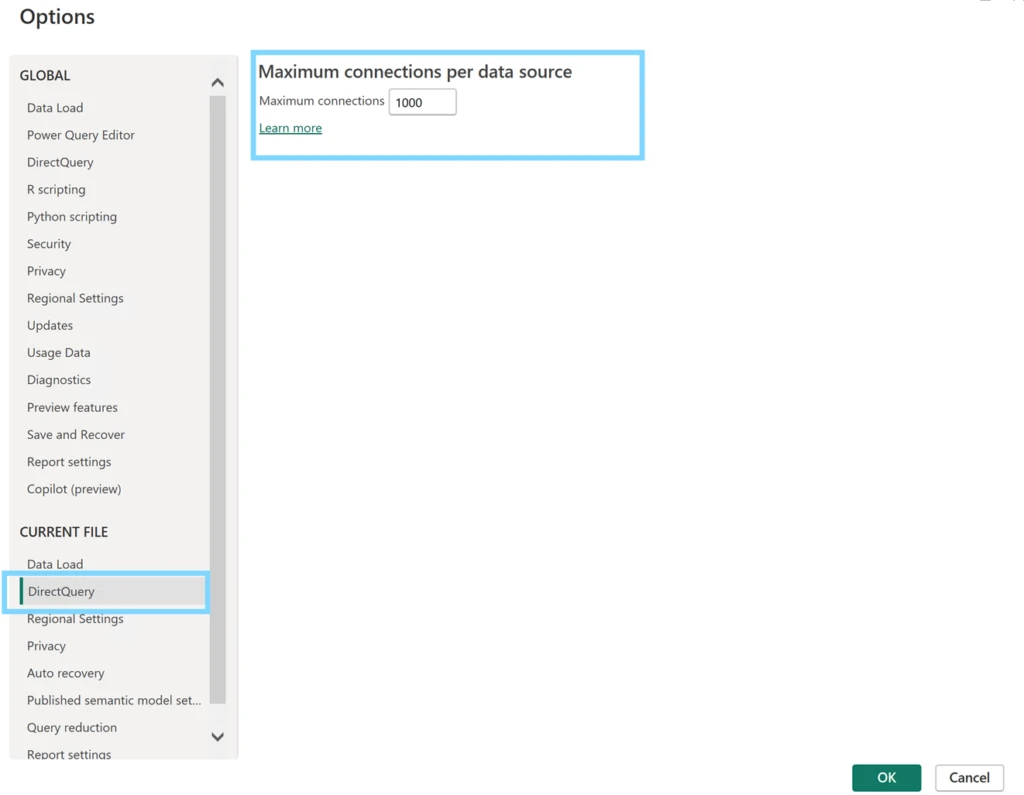
Accelerate your journey to AI-first selling with Microsoft AI Accelerator for Sales and new sales agents
This article is contributed. See the original author and article here.
AI transforms the way people work, the way every function operates, and the way businesses drive competition and growth. It’s also transforming the business application landscape as customers adopt Microsoft 365 Copilot as the UI for AI and agents for every business process. Nowhere is that more true than in sales. The combination of Copilot, agents, and human ambition can free time to focus on closing deals, help teams build a stronger pipeline, and drive new levels of profitability. That matters because in sales, time is money.
We’re announcing a new program—Microsoft AI Accelerator for Sales—to help more customers rapidly transform their sales organization with Microsoft 365 Copilot and agents, as well as two new agents—Sales Agent and Sales Chat—to help scale the team’s ability to nurture and close deals.
Read on for more information on each of these announcements.
AI Accelerator for Sales
We’re announcing AI Accelerator for Sales, an exclusive program designed to help more customers experience a new way of working with Copilot and agents, help transform your sales organization, and migrate off legacy CRM system vendors. This program includes:
- Microsoft 365 Copilot to empower every salesperson with an AI assistant.
- Prebuilt agents to accelerate time to value for common sales processes, including the Sales Research Agent, new to Microsoft Dynamics 365 Sales, that uses deep research to help drive strategic decisions.
- Custom agents with Microsoft Copilot Studio to automate bespoke sales processes.
- Model fine-tuning by Microsoft AI experts, further tailoring AI models and agents to your unique business needs.
- Dynamics 365 Sales to manage customer accounts and drive sales from lead to close.
- White-glove engagement, working hand in hand with Microsoft’s AI experts.
This program will be available for eligible customers on April 1, 2025. Contact your Microsoft representative to learn more.
Customers are making the change
Customers are already realizing the transformative impact of Microsoft’s platform within their sales organization. Lenovo, a global powerhouse in technology solutions, has experienced a streamlined and shortened sales cycle and improved customer service and responsiveness, boosting productivity—and profitability.
“We’re seeing the benefit of having one standardized system and a global view to all geographies’ activities. This is the foundation for Lenovo’s sales digital transformation—enabling better connections and an increase in sales productivity and actionable insights.”
—Wei Bi, Business Strategy Senior Manager, Lenovo
Lexmark, a global leader in innovative, cloud-enabled printing, imaging, and Internet of Things (IoT) products, software, solutions and services set out for a sweeping transformation, looking to replace their legacy Salesforce system. With Lexmark’s migration to Microsoft’s platform, the company now has a unified, omnichannel platform that centered the customer experience, standardized service delivery systems, offered user-friendly interfaces, streamlined sales and account management and reporting, and increased efficiency.
“There is magic in a single source of truth with standardized data. Data analytics, coupled with operational excellence, provides the level of service that only Lexmark can offer to customers, allowing real-time access to actionable data and insights to increase revenue generation and customer satisfaction.”
—Billy G. Spears, Senior Vice President and Chief Product Delivery Officer, Lexmark
New sales agents to help close more deals, faster
We’re also announcing two new agents that can free sellers’ time to focus on higher-value activities and help close deals.
Sales Agent can research and prioritize leads, set up meetings, and reach out to customers. Sales reps can focus time on closing the biggest deals while the agent ensures that no lead is left behind. Sales Chat provides actionable takeaways from CRM system data, pitch decks, meetings, emails, and the web—so sales reps can spend less time digging and more time selling.
Both of these agents, which will be in public preview in May 2025, work with first-party and select third-party CRM systems and integrate with Microsoft 365 Copilot Chat. Learn more about the capabilities of these agents on the Microsoft 365 blog.
In addition, Customer Intent, Customer Knowledge Management, Case Management, Scheduling Operations, and Sales Order agents for Microsoft Dynamics 365 will be available in March 2025. Please note that use of these agents during public preview will require Copilot Studio capacity packs.
The post Accelerate your journey to AI-first selling with Microsoft AI Accelerator for Sales and new sales agents appeared first on Microsoft Dynamics 365 Blog.
Brought to you by Dr. Ware, Microsoft Office 365 Silver Partner, Charleston SC.







Recent Comments